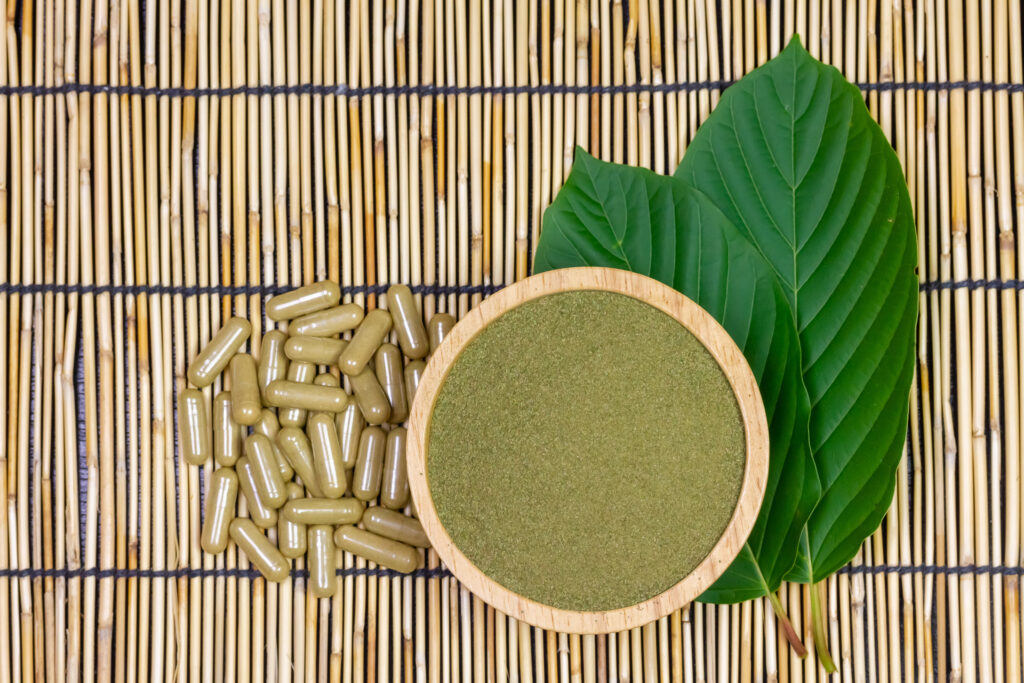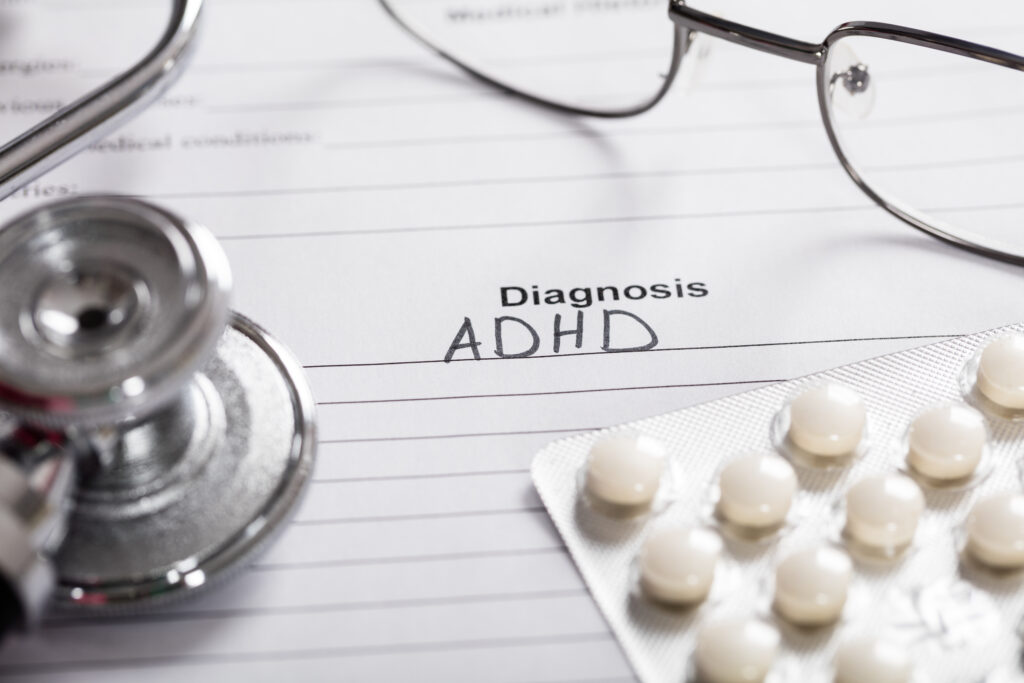Sober living homes in Ohio are more popular than ever before. Many people consider them a critical part of the recovery journey. But, what are sober living homes, really? What do they offer that makes them so valuable in the recovery process?
This Redemption Recovery article answers the most common questions about sober living and explains why sober living is a key element of success in recovery.
What is Sober Living Exactly?
Sober living accommodations, sometimes referred to as sober houses or supportive living, have grown in popularity over the past twenty years. Sober living places are residential homes, townhouses, condominiums, or apartments specially set aside for people in early addiction recovery.
They are not clinical facilities, so medical services are not provided there. A sober living house (in most cases) is strictly residential. It serves as a safe haven for people who have just begun their recovery from a substance use disorder.
Sober Living is:
- A safe and secure place for a person in early recovery to live and grow.
- A good choice for anyone serious about working for their recovery.
- An excellent opportunity to benefit from the fellowship with others in recovery.
Sober Living is NOT:
- A drug and alcohol treatment program by itself or equal to inpatient addiction care.
- A medical facility where doctors and nurses deliver treatment.
- A place where people can use drugs or come and go as they please.
What is a Typical Day Like in a Sober Living Home in Ohio?
Typically, a person in a sober living home in Ohio or elsewhere in the U.S. will attend drug and alcohol treatment during the day. They may attend a partial hospitalization program (PHP) or intensive outpatient program (IOP).
At the end of their treatment day, they return to the sober living home. They may stay in for the evening, go out for dinner with sober friends in recovery, or attend outside 12-step meetings. People in sober living generally always have a curfew. This is for their safety and the safety of the other people recovering with them in the home.
Most sober home residents will turn in for bed relatively early, and there is often an established “lights out” time, usually well before midnight.
A day while living in a sober home in Ohio can include:
- Going an outside PHP or IOP addiction treatment during the day.
- Attending 12-step AA or NA meetings in the afternoon or evening.
- Structured living with rules and accountability to support recovery and growth.
- Fun sober activities with housemates and others in recovery.
Who Stays in a Sober Living Home?
To live in a sober living home, a person must be actively in recovery from a substance use disorder and must be able to pass regular drug screens. Sober living homes are not rehabs, per se. They are a place to stay overnight while you attend treatment at a separate, outside medical facility and recovery meetings during the day.
People in a safe and trusted sober living home are there because they want to be. They are actively working on their recovery and personal growth. They are willing to live within a structure designed to build the habits they will need for a lifetime of sobriety.
Why is Sober Living Important in Addiction Recovery?
While not every person who goes to drug and alcohol treatment will stay in a sober living home in Ohio, many of them do. Sober living isn’t an absolute requirement for recovery, but most people find a stay at a reputable, structured sober living home to be a rewarding experience. In fact, sober living homes are scientifically proven to help people stay sober longer.
Remember, recovery isn’t something you do and then “finish.” It is a lifestyle. It’s something that we practice for life, like being a dedicated vegetarian or belonging to a certain religion. Because recovery is about learning new ways of thinking and behaving, living with others going through the same challenges and experiences can be incredibly helpful.
Unlikely friendships blossom may between people who were very different in many ways in a sober home environment. They may have a wide gap in age, different parts of the country or socioeconomic backgrounds, or even be from totally different cultures. But it is the shared experiences of recovery that connect them.
Sober living is important in addiction recovery because:
- It helps to build sober support and relationships with others in recovery.
- You always have someone to talk to who will understand how you feel.
- It instills structure, rules, and accountability — things that are essential to recovery.
The Best Thing About Sober Living
The best thing about sober living may be the sense of camaraderie and fellowship. Recovery is hard, but going through a hard thing with other people experiencing the same thing often makes it feel a bit easier.
When you’re in sober living, you always know there are others there who understand how you feel and you’ll always have someone to talk to.
Your housemates will have many of the same experiences, fears, victories, and defeats. People who live together in a sober living home often form tight bonds. Many people even build life-long friendships that began in the sober living home.
Redemption Recovery: Change Begins with a Phone Call
Don’t spend another minute in misery. If you or the one you love is living with addiction — give us a call now to learn more about our partial hospitalization program (PHP) and outpatient programs in Ohio as well.
Reach out to us at (419) 528-8007 and begin the journey toward a brighter and better tomorrow!





